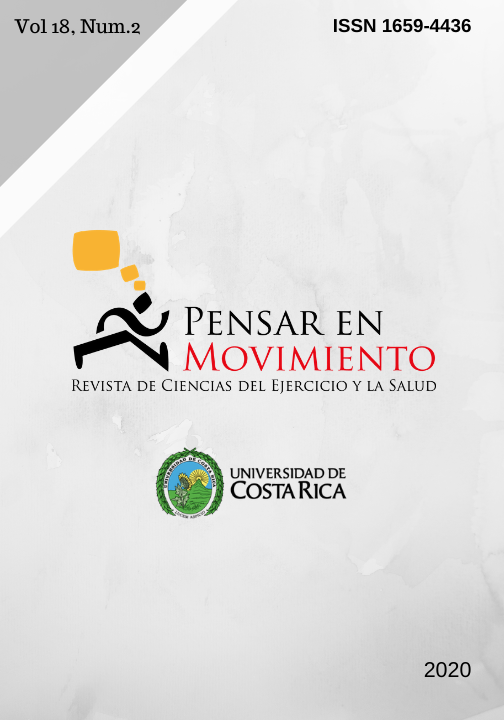Abstract
Speed plays a key role in performance in both collective and individual sports. The objectives of this study are: a) to determine the acute effect of strength, speed, plyometric, and resisted sprint trainings in sprinting and its phases, and b) to analyze the acute effect of these types of training on an individual manner. Eleven experienced sprinters (mean age 21.8 3.04, height 1.764 m 0.062, and weight 69.645 kg 4.946) participated in five training sessions (S, SP, P, RS, and control) assigned in a random order. For each treatment, 100 meter-pre and post-tests were conducted with interval measurements every 20 meters. Two-way and three-way variance analyses (ANOVA) of repeated measurements were conducted to analyze the effect of the types of training on the total race time and in each interval, respectively. In addition, descriptive statistics and graphs were used for an individual analysis. For the group analysis, no significant interaction was found between measurements and the types of training (F = 1.733 p = .162) or between measurements, types of training, and distance intervals (F = 0.569 p = .903). However, in the individual analysis, changes in speed based on the type of treatment vary between subjects, being speed the treatment that shows more improvement in subjects.







